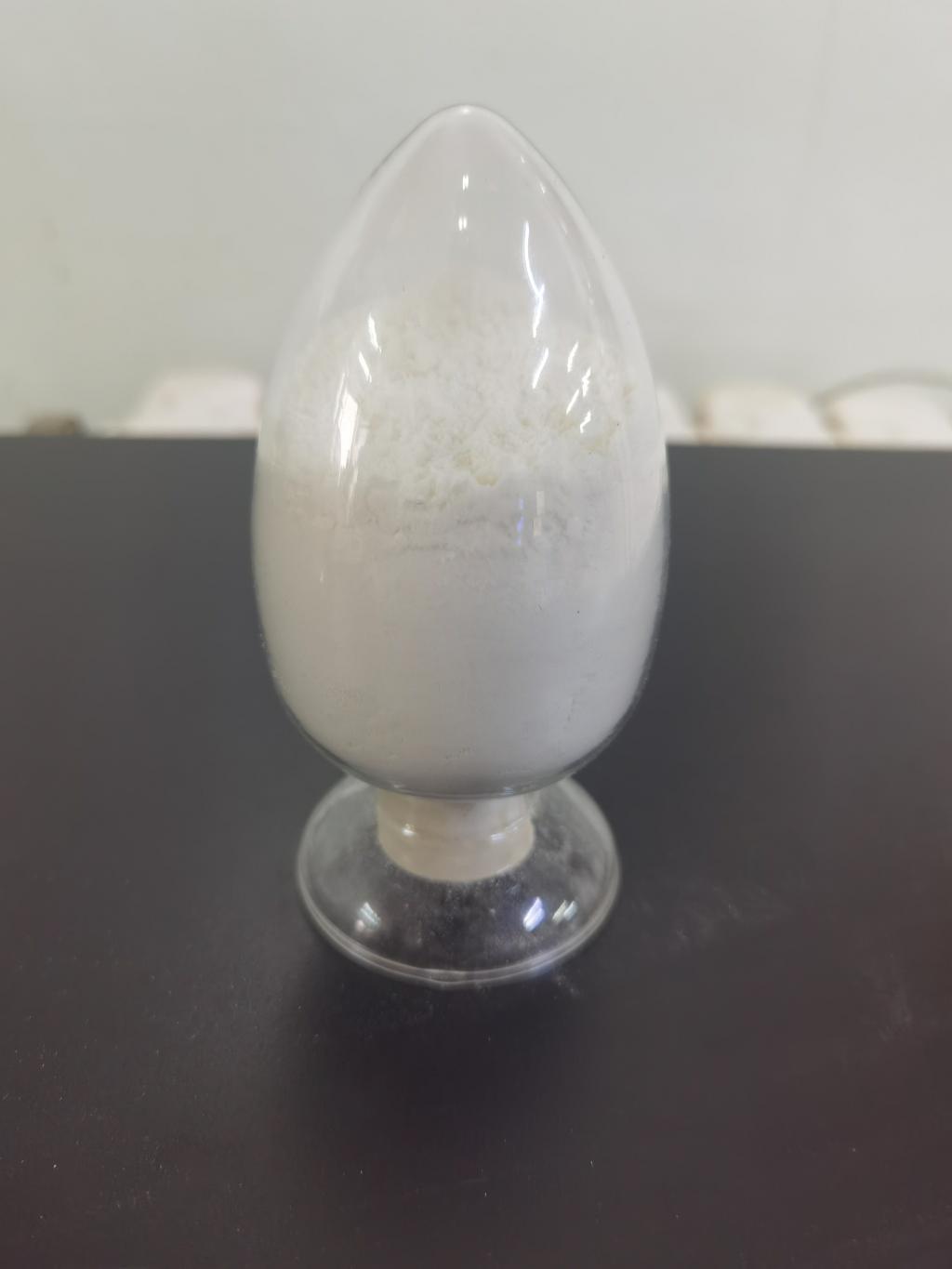Tel:0086 18231198596

News
Current Position:
Home >
News
>ε-Polylysine hydrochloride's efficacy in controlling spoilage organisms in food.
ε-Polylysine hydrochloride's efficacy in controlling spoilage organisms in food.
TIME:2024-05-13
1. Antimicrobial Properties of ε-Polylysine Hydrochloride:
ε-PL-HCl is a cationic polypeptide composed of multiple lysine residues linked by peptide bonds. It exhibits potent antimicrobial activity against a wide range of spoilage organisms, including bacteria, fungi, and yeasts. ε-PL-HCl's mechanism of action involves disrupting microbial cell membranes, leading to leakage of intracellular contents, loss of membrane integrity, and ultimately, cell death. This mode of action makes ε-PL-HCl effective against both Gram-positive and Gram-negative bacteria, as well as fungal pathogens commonly encountered in food spoilage.
2. Mechanisms of Action in Food Preservation:
In food preservation, ε-PL-HCl can be added directly to food products or applied as a surface treatment to inhibit microbial growth and extend shelf life. ε-PL-HCl interacts with microbial cell membranes, disrupting their structure and permeability, which prevents the growth and proliferation of spoilage organisms. Furthermore, ε-PL-HCl's antimicrobial activity is pH-stable and temperature-resistant, making it suitable for a wide range of food processing and storage conditions.
3. Safety Considerations and Regulatory Status:
ε-PL-HCl has been evaluated for safety by regulatory agencies worldwide and is approved for use as a food preservative in many countries, including the United States, European Union, and Japan. Toxicological studies have demonstrated the safety of ε-PL-HCl for human consumption, with no adverse effects observed at levels commonly used in food products. Furthermore, ε-PL-HCl is considered GRAS (Generally Recognized as Safe) by the U.S. Food and Drug Administration (FDA), providing further assurance of its safety for use in food preservation.
4. Practical Applications in Food Preservation:
ε-PL-HCl finds applications in a variety of food products, including dairy, meat, seafood, baked goods, and beverages. In dairy products, ε-PL-HCl inhibits the growth of spoilage bacteria and molds, extending shelf life and ensuring product quality. Similarly, in meat and seafood products, ε-PL-HCl helps prevent microbial contamination during processing and storage, reducing the risk of spoilage and foodborne illness. Additionally, ε-PL-HCl can be used in baked goods to inhibit mold growth and extend freshness, contributing to improved product quality and consumer satisfaction.
5. Benefits and Challenges:
The use of ε-PL-HCl as a preservative offers several benefits, including its natural origin, broad-spectrum antimicrobial activity, and compatibility with a wide range of food products. Furthermore, ε-PL-HCl can help reduce the need for synthetic preservatives and chemical additives, aligning with consumer preferences for clean label ingredients. However, challenges associated with ε-PL-HCl include potential interactions with other food components, formulation stability, and regulatory compliance, which require careful consideration by food manufacturers.
Conclusion:
ε-Polylysine hydrochloride (ε-PL-HCl) represents a valuable tool for controlling spoilage organisms in food products, offering broad-spectrum antimicrobial activity, safety, and regulatory approval. Its applications span various food categories, including dairy, meat, seafood, baked goods, and beverages, where it helps extend shelf life, maintain product quality, and enhance food safety. Despite challenges associated with formulation and regulatory compliance, ε-PL-HCl's efficacy and natural origin make it a promising candidate for use in food preservation, contributing to safer, healthier, and more sustainable food systems.

 CONTACT
CONTACT




